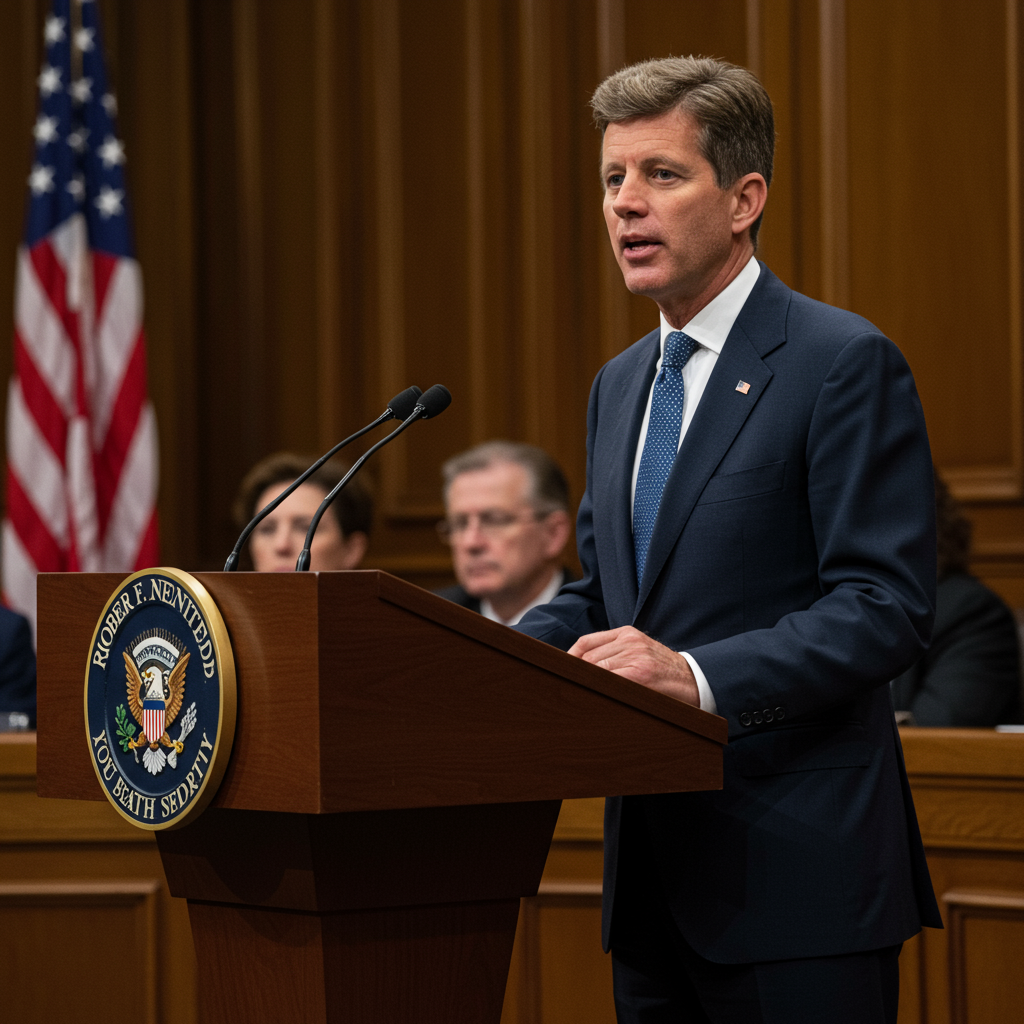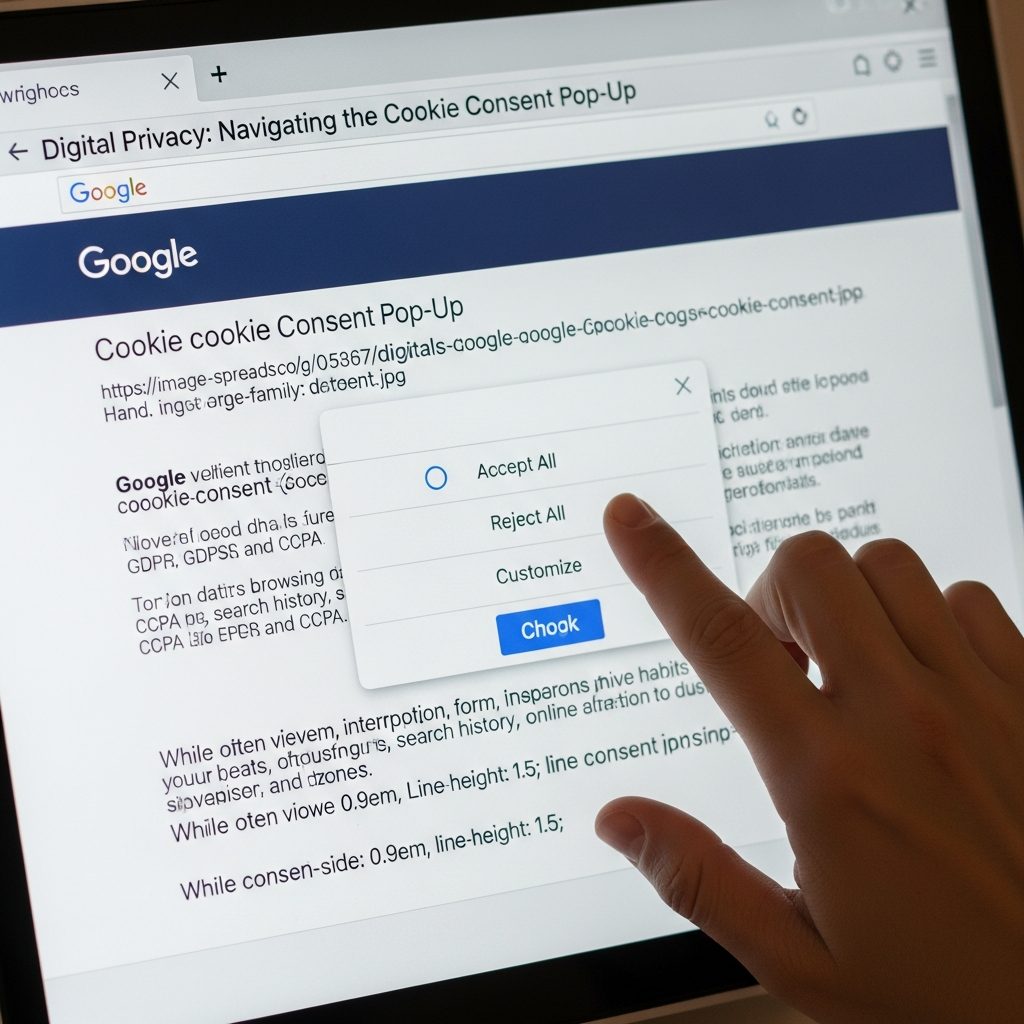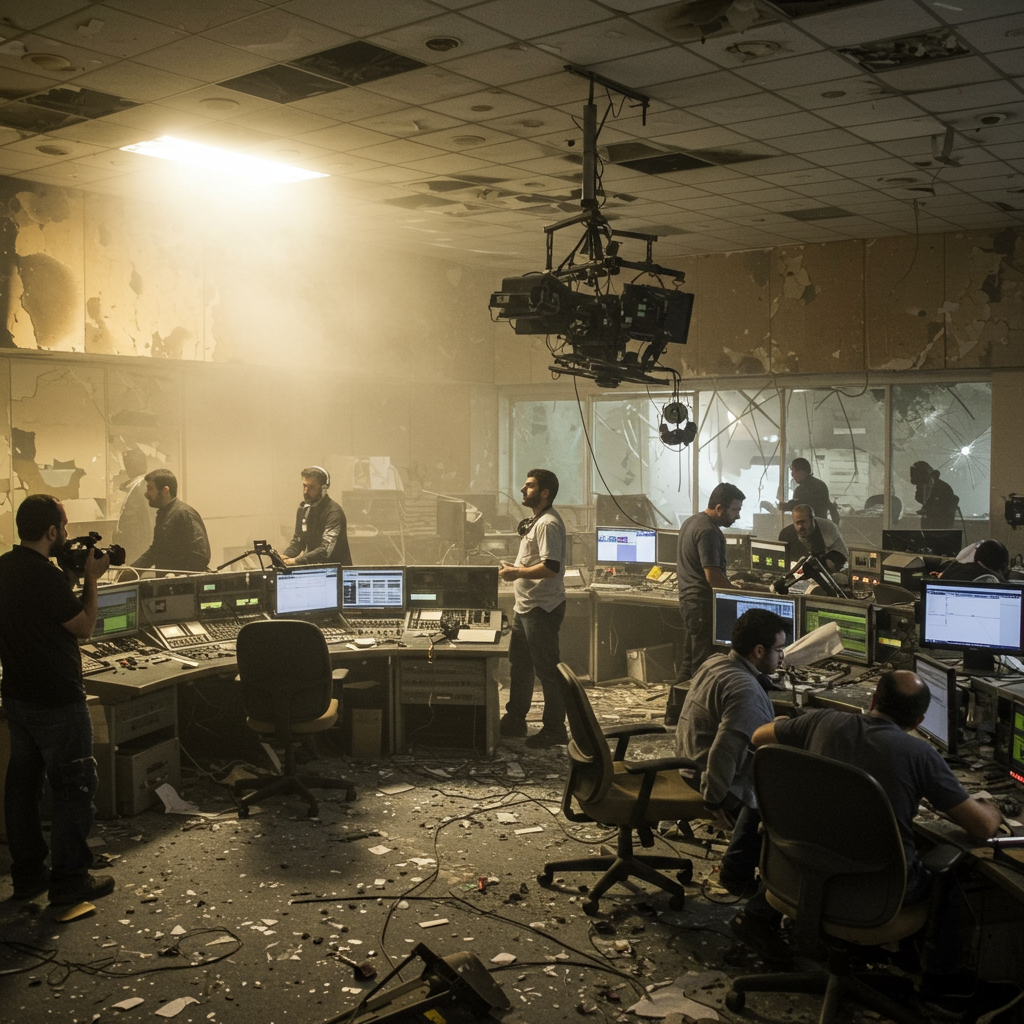A recent decision by U.S. health Secretary Robert F. Kennedy Jr. to halt significant funding for a major global vaccine provider has ignited widespread concern and condemnation among public health experts. At the heart of this controversy is a specific study from 2017, which RFK Jr. cited as justification, claiming it raised serious safety questions about one of the world’s most commonly administered childhood vaccines. However, leading scientists and health organizations across the globe are strongly refuting RFK Jr.’s interpretation and the study’s validity, calling his rationale “shoddy evidence” and “false news.” This move impacts Gavi, the Vaccine Alliance, which plays a critical role in providing essential immunizations to children in low-income countries, and has triggered intense debate over evidence-based health policy and the integrity of vaccine recommendations.
RFK Jr.’s Rationale for Cutting Global Health Funding
RFK Jr.’s directive means Gavi, the Vaccine Alliance, stands to lose over a billion dollars in promised U.S. support. This cut is particularly impactful given Gavi’s mission to make vaccines accessible to the world’s most vulnerable populations. Justifying this significant policy shift, the Health Secretary asserted that Gavi does not sufficiently prioritize vaccine safety. He singled out a 2017 study published in eBioMedicine (part of The Lancet), co-authored by researchers Christine Stabell Benn and Peter Aaby. RFK Jr. characterized this work as a “landmark study” conducted by “five internationally revered deities of vaccine research,” claiming it proved a common vaccine could pose dangers beyond the specific diseases it targets. His remarks, delivered in a video to the organization, stunned and angered many in the global health community who rely on Gavi’s vital work.
The Controversial 2017 DTP Vaccine Study
The study cited by RFK Jr. focused on the DTP vaccine, which protects children against diphtheria, tetanus, and pertussis – three potentially deadly diseases. This vaccine is a cornerstone of childhood immunization programs globally. While acknowledging its effectiveness against these specific illnesses, the 2017 research sought to evaluate its effect on “overall health.” This meant exploring whether receiving the DTP vaccine might influence a child’s likelihood of dying from causes other than diphtheria, tetanus, or pertussis.
To investigate this, the researchers examined health records from approximately 1,000 children. The data originated from the West African country of Guinea-Bissau and dated back to the early 1980s. Speaking about the findings in a 2019 TEDx Talk, study co-author Christine Stabell Benn described the results as “scary.” She stated that the study suggested children who had received the DTP vaccine around 3 months of age, often alongside the oral polio vaccine, faced a significantly higher risk of dying from other causes before reaching 6 months old – potentially “five times higher risk” than children who had not yet received these vaccinations.
Why Vaccine Experts Challenge the Study’s Findings
Despite RFK Jr.’s praise, the 2017 study and his reliance on it have been widely criticized by independent researchers and global health authorities. Experts point to a long list of serious flaws and reasons why the findings are considered unreliable and irrelevant to current vaccine safety evaluations.
Reliance on Ancient, Outdated Data
A primary concern raised by experts like Dr. Beate Kampmann of the London School of Hygiene & Tropical Medicine is the age of the data used. The study is based on health records from the early 1980s. Dr. Kampmann describes this data as “ancient.” Dr. Kate O’Brien, the WHO’s top vaccine expert, adds crucial context: infant mortality rates in Guinea-Bissau were drastically higher in the 1980s (244 deaths per 1,000 before age 5 in 1984) compared to today (69 per 1,000 in 2023). Findings from an era with such different overall health and environmental conditions are simply not applicable to modern contexts or populations.
Significant Methodological Limitations
Critics also highlight severe weaknesses in the study’s design. It was an observational study, meaning researchers observed existing data rather than conducting a controlled experiment like a randomized controlled trial (RCT), which is considered the gold standard for determining cause and effect. Observational studies are notoriously prone to confounding factors – variables researchers didn’t account for that could influence the outcome. Dr. Paul Offit, director of the Vaccine Education Center at the Children’s Hospital of Philadelphia, points out that the 2017 study failed to control for crucial factors such as socioeconomic status, medical history, and health-seeking behaviors. Children who received vaccines earlier might have differed from others in fundamental ways unrelated to the vaccine itself, which could explain differences in health outcomes. Furthermore, experts note the absence of a plausible biological mechanism explaining how the DTP vaccine could cause unrelated deaths. Dr. Kampmann found the study’s statistical methods confusing, describing them as “dodgy” and “all over the place.”
Contradicted by the Same Authors’ Later Research
Perhaps most damning is the fact that the same researchers who published the 2017 study subsequently conducted more recent work that contradicted their earlier findings. Dr. Kampmann points out that just a few years after the 2017 paper, the lead authors, Stabell Benn and Aaby, published another study using more current data from Guinea-Bissau (2010-2014). This later research, published in 2022, found “no effects on all-cause mortality” for children who received the DTP vaccine compared to those who got it later. This subsequent finding by the very same research team directly undermines the conclusions of the 2017 paper cited by RFK Jr.
Irrelevant Vaccine Formulation
Another critical flaw rendering the 2017 study irrelevant to current vaccine safety concerns is that the DTP vaccine used in the early 1980s is not the same formulation administered today. Dr. Kampmann explains that “the recipe has changed, and the whole production of the process is different as well.” Today, children typically receive DTP as part of a combination vaccine, such as the pentavalent vaccine, which protects against five diseases with a single shot. Any potential effects, specific to the older, different formulation, are simply not relevant to the safety profiles of modern vaccines.
Extensive Prior International Reviews Affirm Safety
Concerns about the DTP vaccine potentially increasing mortality from other causes have been raised and rigorously investigated by international health bodies for decades. Researchers from Guinea-Bissau first raised these questions as early as 2000. In response, independent expert panels convened by the World Health Organization (WHO), such as the Global Advisory Committee on Vaccine Safety (GACVS) and the Strategic Advisory Group of Experts on Immunization (SAGE), have repeatedly reviewed the evidence. Over the past 20 years, these bodies have commissioned new studies and held multiple reviews (including in 2002, 2004, 2008, and 2014). Their consistent conclusion? DTP vaccination does not negatively affect overall child survival. Studies suggesting otherwise have been found to have “significant methodological limitations.” Dr. Kate O’Brien stresses the overwhelming evidence base: “This vaccine has been used for over 50 years. We have decades and decades of safety information on DTP.” Billions of people have received it. If there were a significant safety problem regarding overall mortality, it would be readily apparent from this vast real-world experience.
Consequences and Condemnation
Global health specialists have strongly condemned the U.S. decision to cut Gavi funding based on the contested 2017 study. Dr. Paul Offit called the move a “travesty,” describing Gavi as perhaps the best and most economical public health organization worldwide. Experts universally agree that withdrawing essential funding based on flawed and outdated evidence is misguided and harmful. Dr. Kate O’Brien warns that not administering the DTP vaccine, or undermining confidence in it, “will cause harm. It will result in deaths” from the preventable diseases it protects against.
The controversy over the RFK Jr. vaccine study citation fits into a broader pattern of the Health Secretary challenging established public health guidance. For example, his department recently provided lawmakers with a document citing disputed and mischaracterized studies to question COVID-19 vaccine recommendations for pregnant women and healthy children, bypassing the standard review process by the CDC’s Advisory Committee on Immunization Practices (ACIP). Following criticism, RFK Jr. announced he would fire all 17 members of the ACIP committee, a move described by former CDC Director Dr. Tom Frieden as “dangerous and unprecedented,” further raising concerns about the politicization of scientific advisory bodies.
When NPR sought comments from the Department of Health and Human Services (HHS) about the concerns raised by outside vaccinologists regarding the 2017 study, an HHS spokesperson did not address the specific criticisms of the study. Instead, the response stated that Gavi must “re-earn public trust.” This response did little to quell the concerns of the medical establishment, which remains united in its assessment that the study cited is fundamentally flawed and an inadequate basis for altering critical global health policy.
Frequently Asked Questions
Why are experts concerned about the 2017 DTP vaccine study cited by RFK Jr.?
Experts are concerned because the study, used by RFK Jr. to justify cutting funding to Gavi, is widely considered methodologically flawed, outdated, and irrelevant to modern vaccine safety. Key criticisms include its reliance on data from the early 1980s using a different vaccine formulation, its observational design which failed to control for critical confounding factors, and the fact that the same authors later published research contradicting the 2017 findings regarding overall mortality risk. Global health bodies like the WHO have repeatedly reviewed and dismissed similar concerns about DTP vaccine safety over the past 20 years based on robust evidence.
What specific issues do experts have with the methodology of the 2017 study?
Experts highlight several issues. The study used outdated health records from Guinea-Bissau from the 1980s, a time with vastly different infant mortality rates and health conditions compared to today. It was an observational study, which cannot definitively prove cause and effect, unlike randomized controlled trials. Critics note it lacked controls for crucial variables like socioeconomic status or health-seeking behavior, which could skew results. Experts also found the statistical analysis challenging and lacked a plausible biological explanation for how the vaccine could cause unrelated deaths.
Is the DTP vaccine currently used considered safe by major health organizations?
Yes, major health organizations, including the World Health Organization (WHO) and the CDC, consider the DTP vaccine (typically administered today as part of a combination vaccine) to be safe and essential. It has been used for over 50 years, with decades of safety data from billions of vaccinated children showing it effectively prevents diphtheria, tetanus, and pertussis without increasing overall mortality risk. Independent reviews by WHO expert panels over the past 20 years have consistently affirmed the safety of current DTP immunization recommendations based on extensive evidence.
Conclusion
The controversy surrounding the RFK Jr. vaccine study underscores a fundamental clash between established scientific consensus and policy decisions based on disputed evidence. While RFK Jr. claims the 2017 study raises valid safety questions justifying funding cuts to Gavi, the overwhelming opinion of leading global health experts is that the study is critically flawed, outdated, and irrelevant to modern vaccine safety. Their concerns are rooted in the study’s ancient data, methodological weaknesses, contradiction by the same authors’ later work, and its focus on a vaccine formulation no longer in use. Decades of rigorous review and real-world experience affirm the safety and life-saving impact of the current DTP vaccine. Experts warn that undermining confidence in proven vaccines and cutting funding for global immunization efforts based on such evidence will lead to preventable deaths, potentially harming millions of vulnerable children worldwide. The episode highlights the importance of relying on robust, current evidence and transparent, independent scientific bodies when making critical public health decisions that affect populations globally.




